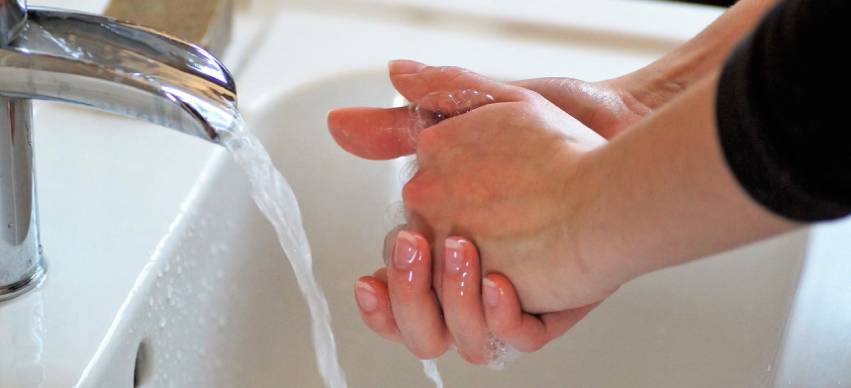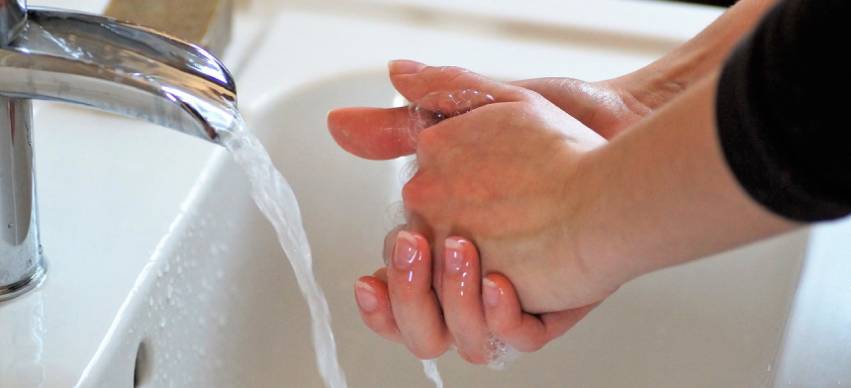How Communities Are Changing the Way We Think About Aging in..
8 Min Read


Millions of germs live on our hands, most of them are not dangerous for our health, but many other microorganisms are the cause of many diseases, such as SARS, acute intestinal infections, contagious skin diseases. Proper hand hygiene is also the cornerstone of preventing and containing infection transmission during an influenza pandemic. Influenza viruses can live on hands for up to five minutes and on hard surfaces for up to two days.
Just think about how many objects you touch every day - doors, tables, food, pets. Hundreds or thousands of other people also touched these objects more than once, and they did not have sterile hands at all. Thus, they transmit infectious agents on the surfaces of all those objects that they touch during the day. Then we follow and collect the microbes left by them with our own hands, with which we then touch our eyes, nose or mouth and soon become infected ourselves.
Our hands are constantly inhabited by millions of microbes, most of them are not dangerous to our health, but some are the cause of various diseases such as colds, flu, indigestion, and infectious skin diseases are also possible. When we forget or simply do not want to wash our hands, we become unwitting carriers of these microorganisms.
We can also get sick ourselves by touching our eyes, our mouths, or scratches on our bodies.
There are the following types of microflora of the skin of the hands: resident flora (microorganisms constantly live on the skin and protect it); infectious flora (causative agents of skin infections); transient flora (causative agents of nosocomial infections).
Prompt handwashing helps remove transient microbiota from the skin of the hands before dangerous microbes can spread to another person or surfaces.
The Importance of Hand Hygiene in Medical Staff: Patients weakened by disease are particularly susceptible to infectious agents that may be on the hands of patients or on the hands of other people. These types of microbes are most often transmitted through tactile contact from one person to another, so it is very important that the hands of patients and medical personnel are always clean, thereby reducing the risk of the spread of nosocomial infections.
All employees of the healthcare facility should use an alcohol-based skin antiseptic: before and after direct contact with the patient; after any procedures; before and after using gloves;
Wash your hands with soap and/or use dettol: every time you see dirt on your hands; before eating; after going to the toilet (many neglect this, although the number of bacteria on the hands doubles after this procedure);
In general, all visitors should adhere to the same guidelines as patients. Wash your hands thoroughly after entering the hospital (even if there is no visible contamination on the skin of the hands, wash them with soap and / or treat with skin antiseptics). If you are going to visit different departments of the same hospital, then you must wash your hands when you visit each department. This is important: remember that millions of bacteria live under wedding rings, bracelets, watches; wash your hands thoroughly (especially pay attention to the fingertips, surfaces between the fingers, the back of the palms, wrists), after washing, be sure to dry your hands using paper towels; if you wash your hands very often, then use hand creams (they will help remove the feeling of dryness and cracks on the skin of the hands):
Alcohol-based hand sanitizer is not a substitute for soap if your hands are visibly soiled.